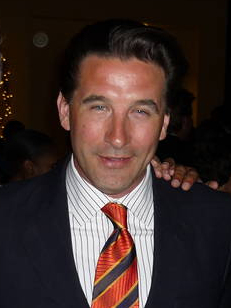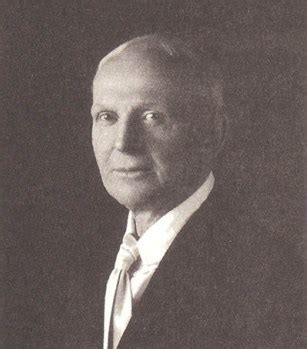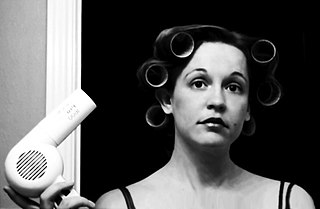A Quote by Steven Klein
There was a mental institution near my house, and I would donate time teaching mentally ill patients how to do ceramics. I photographed them as well. So those were my first pictures.
Related Quotes
I think you get mentally ill being homeless. Most of the bag ladies wind up mentally ill pretty quickly - what people would call paranoid - because they are in such danger. I don't know if it's really paranoia because they are in great danger. Terrible things happen to them, and they lose everything. How could they not become at the very least severely depressed?
The idea of a mentally ill vice president who suffers in complete isolation was obviously sparked by the behaviors I witnessed by Sarah Palin. What if somebody who was ill-equipped for the office were to ascend to the presidency or vice presidency? What would they do? How long would it take for people to figure it out?
We went through the records and we found over five hundred of his patients who were alive and well five years after their treatment, with no cancer. And Dr. Burton didn't selectively give us these. These were "take what you want. Here are the patients I treated." So there was statistical improvement - more so than any cancer institution in the United States could show.
I thought, "Well, I'm writing about early childhood, so maybe it would make sense to write about late childhood as well, early adulthood." Those were my thoughts, and this was how this crazy book [Winter Journal] was composed. I've never seen a book with pictures like at the end, pictures related to things you've read before.
One of the most appalling comments on our present way of life is that at one time half of all the beds in our hospitals were reserved for patients with nervous and mental troubles, patients who had collapsed under the crushing burden of accumulated yesterdays and fearful tomorrows. Yet a vast majority of those people would be walking the streets today, leading happy, useful lives — if they had only heeded the words of Jesus: “Have no anxiety about the morrow”; or the words of Sir William Osler: "Live in day-tight compartments."
Analysis helps patients put their unconscious procedural memories and actions into words and into context, so they can better understand them. In the process they plastically retranscribe these procedural memories, so that they become conscious explicit memories, sometimes for the first time, and patients no longer need to "relive" or "reenact" them, especially if they were traumatic.
I wanted to write about my disorders for people like my husband or mother who don't suffer but have saved people. Mentally ill people don't have a choice in who they are. But those that stand by the mentally ill make an enormous difference. Even when I'm healthy enough to take care of myself I face constant battles, especially with insurance companies.




































